No Gut (Bacteria), No Glory!
Dr. Kasia Kines, Nutritionist, CEO and founder of EBV Educational Institute
Virtual clinic serving the US and globally
[email protected]
Microbiome: The Human Gut
Fun Facts about the Microbiome:
Did you know?
- 90% of the cells in our body are of bacteria and other microbes. The estimated number is about 100 trillion.
- Over 25 diseases and syndromes, including Alzheimer’s, arteriosclerosis, depression, and rheumatism have been linked to bacterial imbalance.
- In only TWO weeks, supplementation with probiotics has been proven to increase immune system function.
- 3 months of oral supplementation of Lactobacillus rhamnosus was shown to reduce Upper Respiratory Infections in healthy adults by 34%.
- The number of genes distributed among friendly bacteria far outnumbers the number of genes we inherit from our parents.
- Infants whose parents “cleaned” their pacifier by sucking it were less likely to have asthma or eczema, due to increased exposure to microbiota.
- The microorganisms in our gut can influence our cravings via the vagus nerve.
- Menaquinone, also known as Vitamin K2, is synthesized in the intestines by certain bacteria, where it is then absorbed and utilized in the body. Vitamin K2 is NOT a cofactor for the production of certain clotting factors. K2 helps direct calcium into the site of bone building.
What is Microbiome?
Microbiome is a very hot topic among functional medical doctors and immunologists. The human microbiome is a collection of all the microorganisms that live within our body and influence many of our functions.
There is much research on healthy gut flora “talking to” the immune system. It communicates messages that help regulate weight, down-regulate reactivity to foods, and decrease inflammation. Stress, meat, and dairy cause the good bacteria to die, and lack of fiber causes them to starve. Stress causes an increase in inflammatory markers, and when good gut bacteria dwindle, opportunistic pathogens, such as Candida yeast, pick up the inflammatory information and begin to overgrow.
How Big is our Microbiome?
The human body houses more microbial cells than human cells. The ratio is 10:1, meaning for every 1 human cell, there are 10 microbial cells living in our bodies. What science is starting to show is that these microbes influence our immune system, our brain, and our overall physical and mental health. In a healthy individual, there are about 100-1000bln good bacteria per milliliter in the digestive tract. In an average American, there may be as few as 5 per milliliter. Five as in five bacteria.
Don’t they make us sick?
While some microorganisms can cause illness, it is usually because they are out of balance. Our bodies actually rely on microorganisms to help us extract energy and nutrients from the foods we eat. For example, when good bacteria dwindle due to poor diet and high stress, opportunistic yeast can overgrow in the gut.
How do we keep a healthy gut flora??
There are several things we can do to help keep them in check, such as eating prebiotic and fermented foods, reducing intake of animal products, supplementing with probiotics, and limiting unnecessary use of antibiotics (such as in the case of viral infections).
- Eat prebiotics – they are carbohydrates that are not digested and go all the way to the colon where they provide the preferred food for our gut microbes, allowing them to thrive. This includes onions, bananas, asparagus, chicory root, maple syrup, whole grains, garlic, leeks, Jerusalem artichokes, dandelion greens, mushrooms, and tomatoes. Prebiotics are also added to many “health” products such as protein bars, yogurts, and probiotics in the form of FOS, GOS, inulin, and chicory. Note: Individuals with SIBO should avoid prebiotics added to foods or supplements.
- Eat fermented foods – they contain probiotics which have been proven to have a therapeutic effect on the body. Examples of fermented foods include tempeh, kimchi, raw sauerkraut, pickles in the brine, miso, olives, kefir, and cultured yogurt.
- Only use antibiotics for bacterial infections and only if necessary. Antibiotics, as the name implies, kill all bacteria in the body and are indiscriminate. After one round of antibiotics, it will take about 6 months of supplementation to replenish and repopulate the gut, but it is not possible to restore the original good bacteria (each of us has hundreds of specific and unique species). It a good idea to take probiotics during treatment with antibiotics. It is recommended to take probiotics 2-3 hours after each dose of antibiotics to keep the gut from being completely vulnerable to pathogens. You should continue on a high-potency probiotic for several weeks after. See below for details.
What are Probiotics?
The word itself breaks down into pro-life. We use the term to describe foods or supplements that contain live bacteria that replace or add to the beneficial bacteria normally present in the gastrointestinal tract. Probiotics help to populate the intestines with beneficial bacteria that help keep us healthy. A maintenance dose for children is 5 billion CFU. For adults, 10 billion CFU.
How can I make Fermented Foods?
Fermented foods are the same as cultured foods. These are foods where lactic acid bacteria have been allowed to thrive in an anaerobic process in which the food is converted into more easily digestible components, along with releasing and stabilizing nutrients of the food. Traditionally these foods were prepared in this manner to help preserve over longer periods of time, and to allow access to nutrients year-round when most fruits and vegetables are out of season, especially vitamin C. One of the benefits of fermented foods is that they are much easier for the body to digest than when they are raw. There are different methods for fermenting vegetables. Here is a video on how to ferment vegetables without the use of whey
How to Pick a Good Fermented Product
- No vinegar on the ingredient list
- Cloudy bottom of the jar in pickles
- Look for raw or unpasteurized organic products
- For kimchi, most products contain MSG. Look for MSG-free kimchi in a health food store and Trader Joe’s. Kimchi is very spicy, and if you prefer it mild, look for “white kimchi”, which is without chili. Kim-chi made for local Korean stores does contain MSG.
Dr. Kasia Kines, Nutritionist, CEO and founder of EBV Educational Institute
Virtual clinic serving the US and globally
[email protected]
LEAVE A COMMENT
If you want to transform your life, if you want health and wellness, if you want peace of mind, there isn’t a better investment than working with Kasia.~ Beth





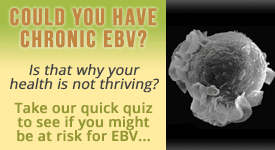

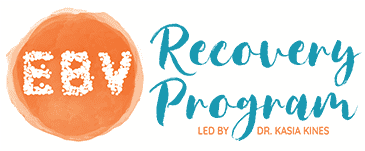


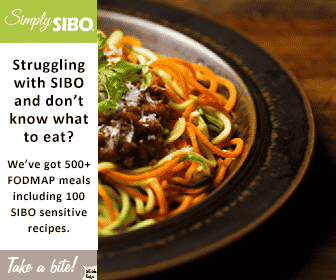




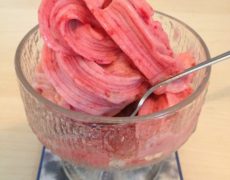




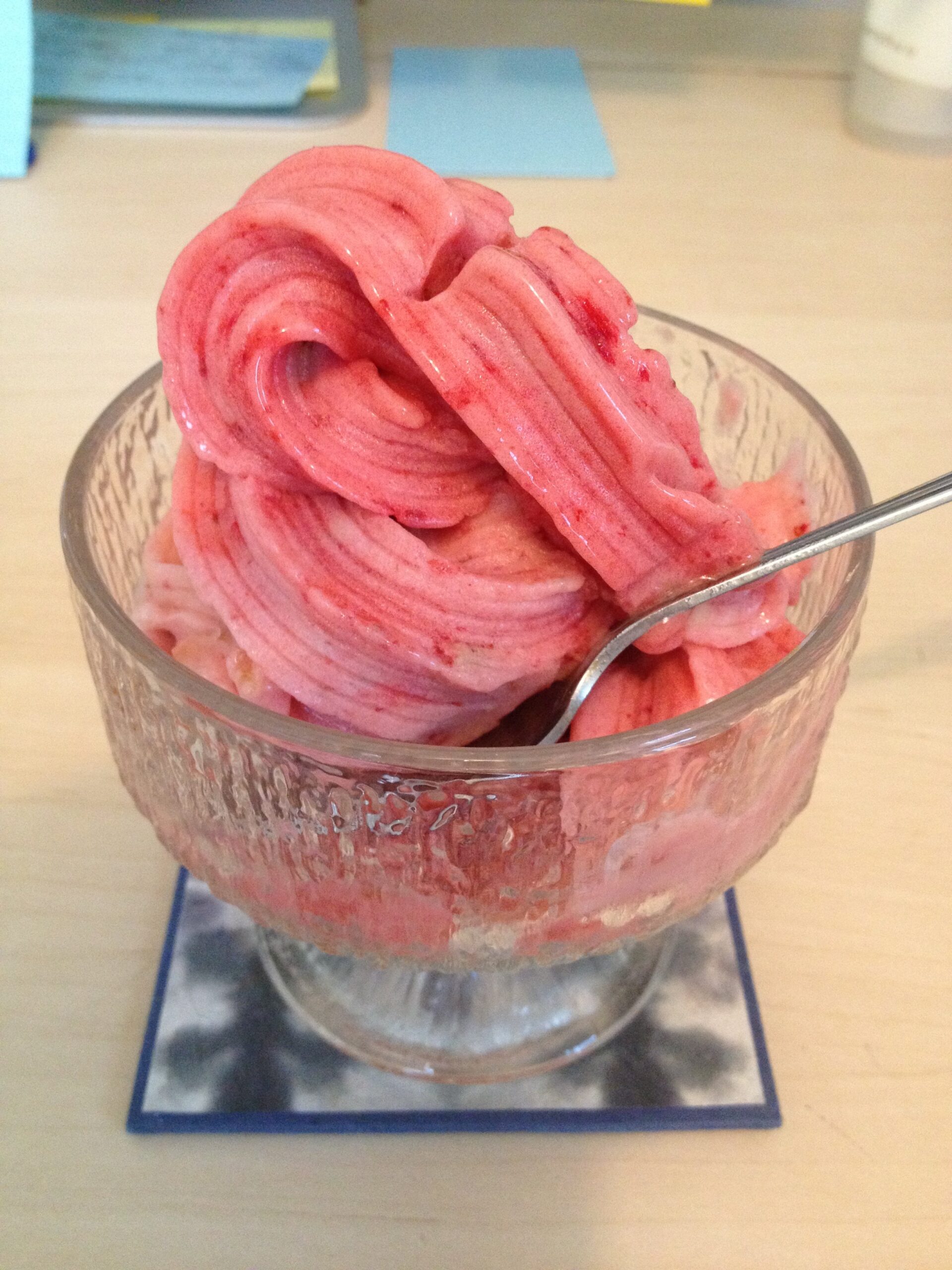

0 Comments
No comments yet